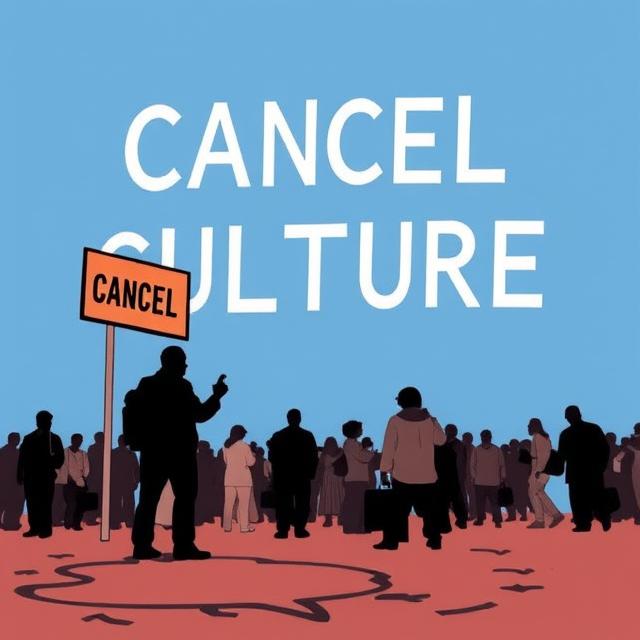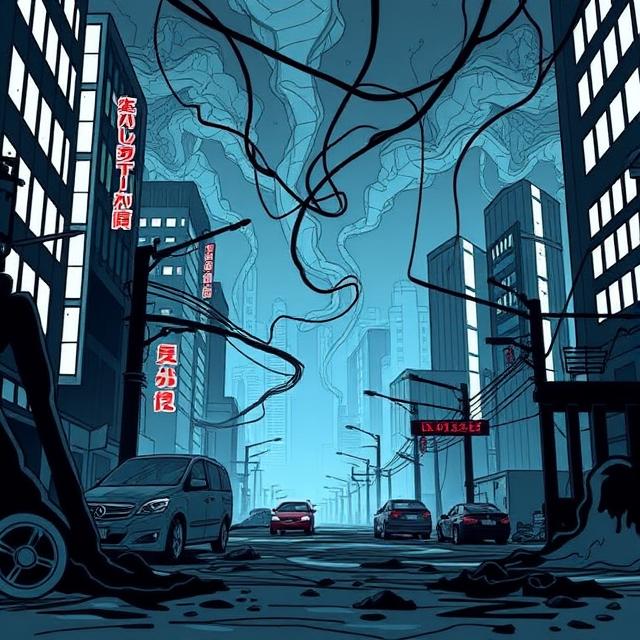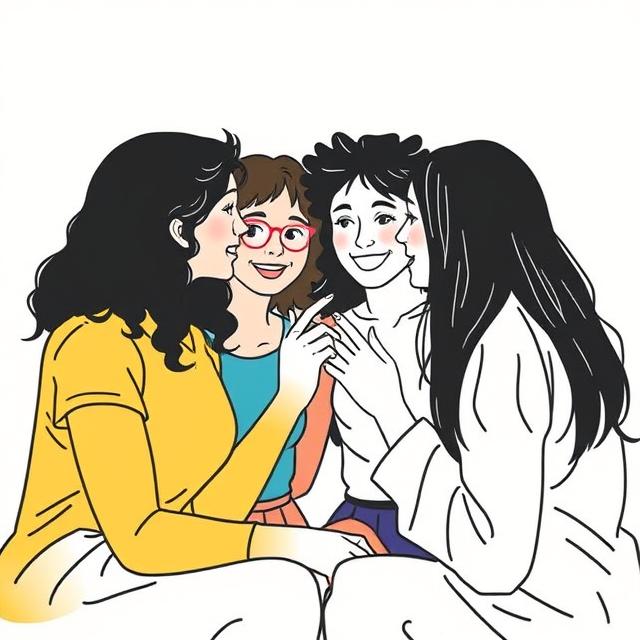In the digital era, a single comment, tweet, or accusation can spark a public reckoning. Cancel culture, once a marginal internet phenomenon, has grown into a powerful social force — one that can elevate important conversations about justice but also raise concerns about fairness, nuance, and redemption.
Understanding Cancel Culture
Cancel culture refers to the practice of collectively withdrawing support from public figures or companies after they engage in behavior deemed unacceptable. This often involves social media campaigns calling for boycotts, resignations, or public apologies.
While public accountability has always existed in some form, the speed and reach of digital platforms have made cancellations faster and more sweeping than ever before. A post that once might have reached a few hundred people can now reach millions in hours.
The Positive Side: Holding Power to Account
For many, cancel culture represents a democratization of social justice. In cases where legal or institutional systems have failed, public backlash can bring attention to misconduct, systemic racism, harassment, and abuse. High-profile movements like #MeToo demonstrate how collective voices can drive real-world change.
Victims who once lacked a platform now have the ability to share their stories and demand accountability from powerful individuals and organizations. In this sense, cancel culture can serve as a corrective mechanism where traditional justice has fallen short.
The Darker Side: Rush to Judgment
However, the rapid pace of cancellation leaves little room for nuance. Context is often lost in the rush to condemn, and mistakes — even those made years ago — can result in irreversible reputational damage. Apologies may be disregarded as insufficient, and opportunities for learning and growth are sometimes denied.
There is also the danger of false accusations gaining traction before facts can be verified. In extreme cases, individuals have faced threats, lost jobs, or been ostracized based on misunderstandings or misinformation.
Public Shaming in the Digital Square
Historically, societies have used public shaming as a means of enforcing norms. However, the internet has amplified this practice to an unprecedented degree. Online mobs can punish individuals long after their “offense,” often without consideration of proportionality, forgiveness, or rehabilitation.
The question remains: when does necessary accountability cross into the territory of bullying and vengeance?
Striking a Balance
Cancel culture is complex. It is neither wholly virtuous nor inherently harmful. It reflects a society struggling with how to address injustice in the absence of perfect systems. But to build a fairer world, it is essential to allow space for apology, growth, and change — not just punishment.
In navigating cancel culture, we are ultimately challenged to ask deeper questions about morality, fairness, and the kind of society we want to create: one defined by perpetual judgment or by a commitment to accountability coupled with compassion.


